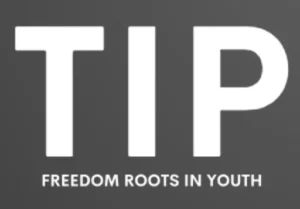The phrase “Knowledge is power” is often attributed to the philosopher Sir Francis Bacon, who believed that understanding the world through science and reason was the key to improving human life. It means that when people gain knowledge, they gain the ability to make better decisions, solve problems, and influence their surroundings.
Knowledge gives us control over our lives—whether it’s understanding the law to protect our rights or learning skills to achieve goals. Without knowledge, we are more easily manipulated or controlled. That’s why education is so important; it empowers people to think critically and act independently.
However, can people with more knowledge use that power to force others with less knowledge to live as they wish? It’s not that simple. In some cases, like in workplaces, a boss who usually has more information and knowledge can make an employee follow certain rules or tasks. This is because, in their employment agreement, the employee gives up some rights in exchange for a paycheck. These rights become part of the boss’s power to manage the employee. If the employee refuses to comply, the boss can end the employment, but no further punishment can be imposed. This is just one example. In most situations, even people with more knowledge cannot force others to do something without agreement. Why? Because everyone has certain “rights,” and rights, collectively, are also a form of power.
“Rights are power” because they make an individual independent from others and turn them into independent citizens. For example, an individual has the right to refuse a price offered by a more knowledgeable person for their labor. They can also refuse to pay for anything, whether it comes from an individual, an organization, or even the government that commands the army. Similarly, they can choose to disregard scientific advice, even if it’s good for them, because they are willing to face the consequences. Individuals with inalienable rights form the free market in society, and by exercising these rights, they actively participate in democratic political activities.
In conclusion, “Knowledge is power” is generally true when people are dealing with challenges from nature or their surroundings. But when interacting with others, “rights are power.”



